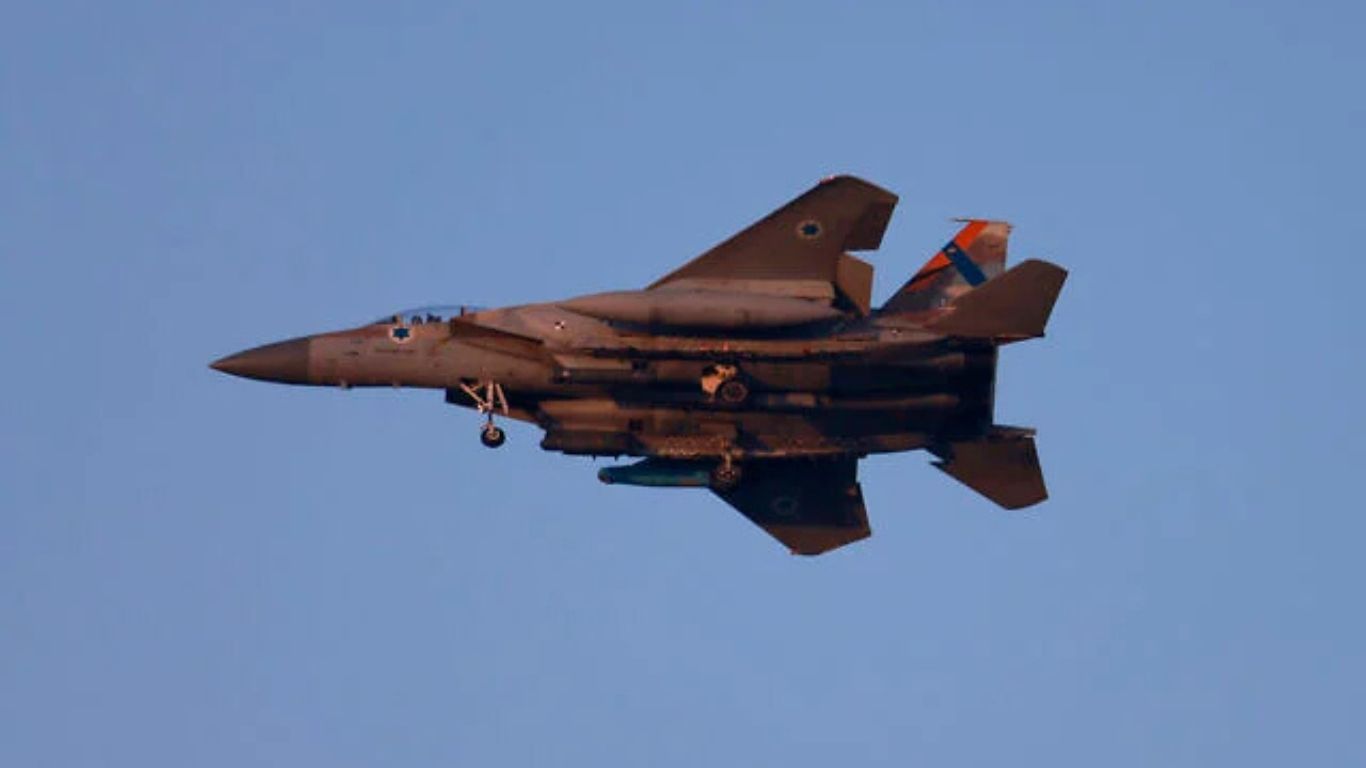
Israel Signals Readiness To Strike Iran As Regional Shifts Reshape The Middle East
The Israel Defense Forces (IDF) see a rare strategic opening to strike Iran’s nuclear facilities following the collapse of the Bashar al-Assad regime in Syria and the weakening of Iran-backed proxy groups across the region. Military officials announced on Thursday that these developments have left Tehran increasingly isolated, creating conditions that could enable Israel to act decisively against its adversary’s nuclear ambitions.
To prepare for this possibility, the Israeli Air Force (IAF) has intensified its readiness, bolstering its capacity to conduct potential operations in Iran. Military assessments suggest that Iran, now scrambling to replace its lost regional deterrence, may accelerate efforts to develop a nuclear bomb. While Tehran insists its nuclear program serves only civilian purposes, evidence from U.S. intelligence and the International Atomic Energy Agency (IAEA) shows Iran maintained a covert military nuclear program until 2003. Israel contends Iran has never truly abandoned its ambitions, with many of its nuclear facilities deeply fortified underground.
The escalating tensions come after Iran launched two missile barrages at Israel in the past year, prompting Israeli retaliatory strikes on key Iranian military sites. The attacks have unfolded in the context of a broader multifront conflict driven by Iran-backed terror groups. Israel has consistently vowed to prevent Iran from obtaining nuclear weapons, describing such an outcome as an existential threat.
In a significant operational breakthrough, the IAF recently achieved total air superiority over Syrian airspace, a milestone after years of carefully navigating one of the most heavily defended airspaces in the region. Israeli airstrikes earlier this week targeted Syrian air defenses, weapon depots, and production facilities, destroying 86% of the Assad regime’s air defense systems, including 107 components and 47 radar installations. Key systems neutralized included 80% of the SA-22 (Pantsir-S1) and 90% of the SA-17 (Buk), both advanced Russian-made platforms that had previously challenged IAF operations.
This air superiority has fundamentally changed the operational landscape. Israeli aircraft can now operate freely over Syria, enabling safer routes for potential strikes on Iran. According to military officials, only a small number of Syrian air defense systems remain functional, posing little threat to Israel’s operations.
The IAF’s bombing campaign this week, launched after the Assad regime's fall, also destroyed hundreds of missiles, 27 fighter jets, 24 helicopters, and 15 naval vessels. In addition, strikes targeted chemical weapons facilities and advanced weapons that could have been transferred to hostile groups like Hezbollah. The IDF confirmed that 1,800 munitions were used in the operation, systematically dismantling nearly every known strategic military site linked to the former Assad regime.
Israel remains vigilant about the risk of advanced weaponry falling into Hezbollah’s hands. Most border crossings between Syria and Lebanon have been bombed to prevent smuggling, with the exception of the Masnaa crossing, which remains open under strict surveillance. Israeli officials believe Hezbollah is actively seeking to salvage military assets left behind in the wake of Assad’s collapse.
The broader campaign, part of Israel’s long-standing effort to counter Iran’s influence in the region, has dealt a significant blow to the weapon manufacturing capabilities of the Iran-led axis in Lebanon, Syria, and even Iran itself. Military officials say these actions underscore Israel’s commitment to maintaining regional security and preventing its adversaries from rebuilding their strength.
As the dynamics of the Middle East continue to shift, Israel’s strategic positioning reflects its determination to counter threats posed by Iran and its allies. The IDF’s operational readiness and recent successes have sent a clear message: Israel is prepared to act decisively to safeguard its national security.